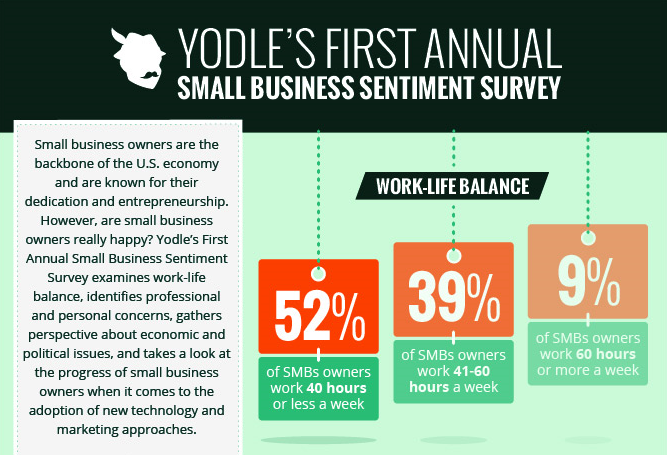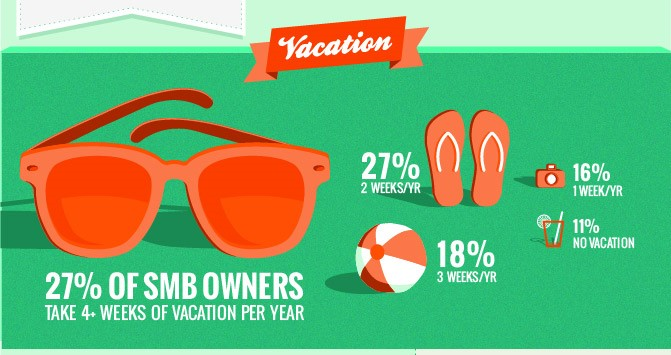
Amir Morshed, the Co-founder and Managing Director of Propel International recently conducted a Happiness Project in Dubai. The inaugural Breakfast Club session attracted professionals in HR and Talent Management to examine happiness at work.
Amir Morshed: "Our aim was to explore whether employers and in-house talent management teams are responsible for the happiness of employees and, if so, whether there was a secret formula to create happiness at work." The United Arab Emirates has led the way in giving happiness at work its dues by appointing a Minister of Happiness: H.E. Ohood Al Roumi.
"The word 'Happiness' is more accurately described by the term 'Subjective Well-Being' (SWB), which is arguably not as catchy. SWB refers to how people feel about the quality of their lives, and includes both emotional reactions and cognitive judgments. In a nutshell, our happiness or SWB depends upon how we feel and think about ourselves and the world in comparison to others," Morshed revealed.

Latest research informs us that what makes us happy at home is also making us happy at work. UAE's HR professionals looked at factors that contributed to unhappiness at work — lack of transparency, unfairness, disempowerment and poor work-life balance.
Yodle's First Annual Small Business Sentiment Survey (2013) provides additional data on happiness at work. More information can be found here.
The 2016 Small Business Happiness Report was prepared by Aflac in its support for small business (3-49) employees. The survey fact sheet shared data compiled by Lightspeed/GMI in the U.S. between March 14 and March 21, 2016:
Overall, small-business employees are content
- 85 percent of small-business employees are happy in their current job. Among those who are happy in their current job, 96 percent say at least some of their current happiness is because they work for a small business.
Factors that influence employee happiness
- 60 percent chose "it creates a pleasant work environment" from a list of factors they respect most about the company they work for.
- According to employees, these are some of the best parts about working for a small business:
> Flexible scheduling (30 percent)
> I actually see the fruit of my labor (21 percent)
> My input really matters (16 percent)
- Which do you think you and your colleagues would agree is the best part about working for a small business? Responses included:
> We are a family (32 percent)
> We all work for the same goal (27 percent)
> We are all important (23 percent)

Harnessing employee happiness for long-term success
- 95 percent believe employee happiness is important to their company's success.
- Benefits offerings play a role in ensuring employee happiness.
The 2015 Coca-Cola study of Gen Z employees revealed that happiness was self-defined; that it was up to them to define what happiness is for them. Other data reveal that nature and nurture, mindset and behaviors, luck and genetic makeup were contributing factors.
A company's work culture encourages employees to be themselves. This culture is promoted in the company's values. Companies should work to promote a culture of happiness at work as a means of genuinely caring for the (mental) health and well-being of their workers. They should provide the "right circumstance and foundation" to allow employees to be happy while being productive.
As an HR professional who has held both employee and employer positions, I conclude that the Golden Rule applies here: Do unto others as you would have them do unto you. Companies should treat their employees like they would like to be treated. How? One way is by providing the tools and environment to advance those factors employees believe add value to their happiness compass.



